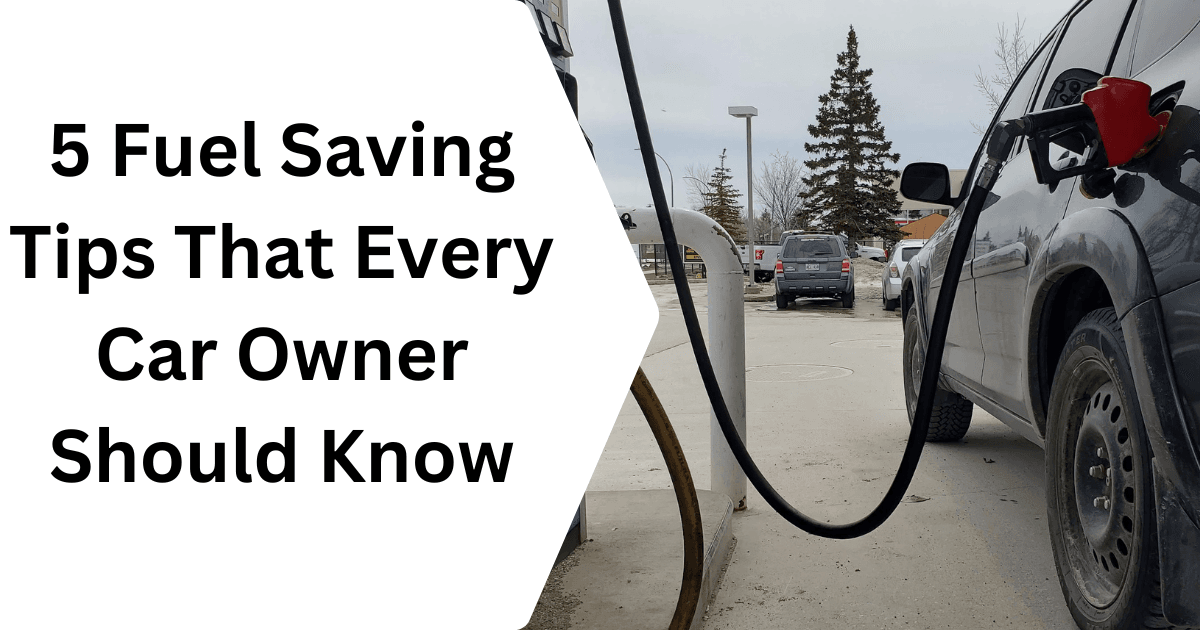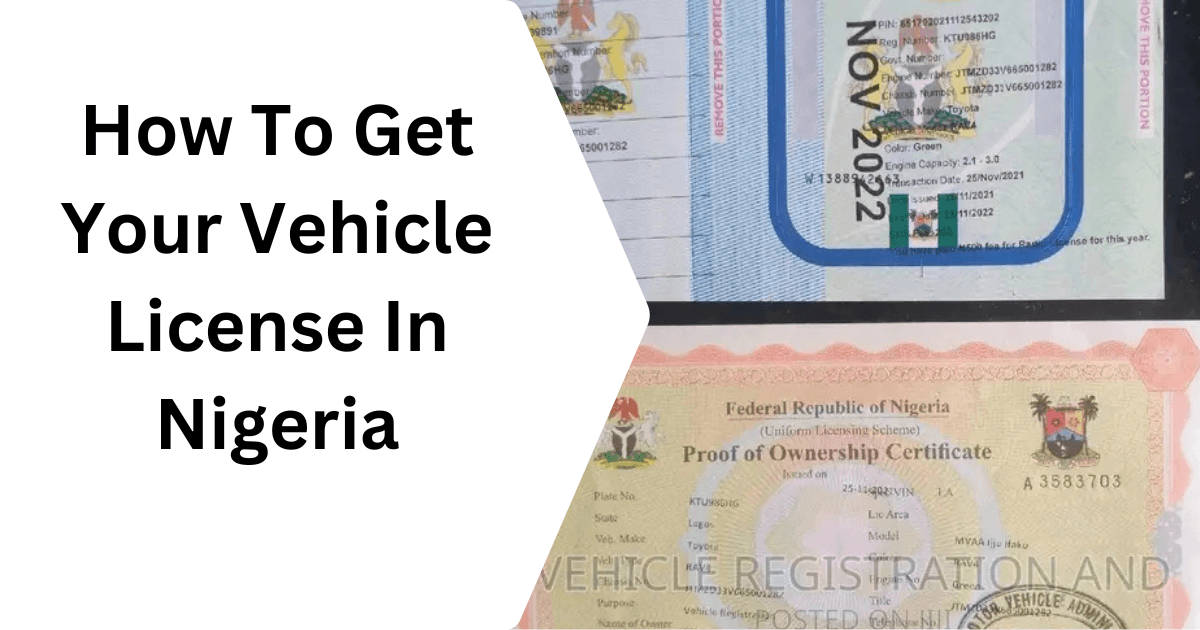With rising fuel prices and frequent scarcities, finding ways to use fuel efficiently has become very crucial. For many car owners, the high cost of fuel and the difficulty of getting it make it necessary to manage fuel use carefully. Using fuel wisely not only saves money but also means fewer trips to the gas station, which helps a lot during shortages.
Simple fuel-saving habits can make a big difference. Small changes, like driving gently, keeping up with car maintenance, and avoiding extra weight in your car, are easy ways to use less fuel. In this article, we’ll share five simple tips every car owner can use to save fuel and cut costs.
Factors Affecting Fuel Consumption
1. Driving Habits: Driving habits have a big impact on fuel consumption. Rapid acceleration, sudden braking, and speeding all make the engine work harder, using more fuel. Driving at a steady speed, accelerating gradually, and braking gently help the engine run efficiently, improving fuel economy and reducing fuel costs over time.
2. Vehicle Load: The weight your car carries affects how much fuel it uses. Extra weight, such as heavy cargo or unnecessary items, increases resistance and makes the engine work harder, especially during acceleration. By reducing unnecessary load and keeping the car as light as possible, you can improve fuel efficiency and reduce strain on the engine.
3. Tire Pressure: Proper tire pressure is essential for fuel efficiency. Underinflated tires create more rolling resistance, which forces the engine to use more fuel. Checking and maintaining tire pressure at the recommended level not only saves fuel but also improves handling and extends the life of the tires.
4. Maintenance and Engine Health: A well-maintained engine runs more smoothly and burns fuel more effectively. Regular maintenance, like oil changes, air filter replacements, and spark plug checks, keeps the engine in top shape. Ignoring these can lead to clogged filters or worn parts that reduce fuel efficiency, causing the car to burn more fuel than necessary.
5 Fuel Saving Tips that Every Car Owner Should Know
Drive Smoothly and Avoid Rapid Acceleration
Driving smoothly, without sudden starts or stops, helps your car use less fuel. When you press the gas pedal too quickly, the engine works harder and burns more fuel, which can increase your fuel costs. Gradual acceleration, on the other hand, allows the car to reach a steady speed without using extra fuel, making your trips more efficient. Avoiding rapid acceleration also reduces wear on your car’s engine and parts. Fast starts and sudden braking put extra strain on the engine, brakes, and tires, leading to more frequent repairs.
Reduce Excess Weight in Your Car
Carrying extra weight in your car can increase fuel consumption because the engine has to work harder to move the car. Items like heavy tools, sports equipment, or luggage add unnecessary weight, which affects fuel efficiency. Clearing out items you don’t need for your trip can help your car use less fuel, especially on longer drives. Reducing weight is a simple way to improve fuel economy without any extra cost. Check your trunk, back seat, and storage areas to see if there’s anything you can remove.
Check and Maintain Proper Tire Pressure
Keeping your tires at the right pressure helps your car use fuel more efficiently. Underinflated tires create more resistance on the road, making the engine work harder and burn more fuel. Proper tire pressure also makes your car safer and extends the life of your tires. When tires are inflated correctly, they wear down more evenly, which means you won’t have to replace them as often. Checking tire pressure is easy to do and makes a noticeable difference in both fuel savings and tire performance.
Use Air Conditioning Wisely
Using air conditioning can increase fuel use, especially at lower speeds. When driving in the city or at slower speeds, consider opening the windows instead of using the AC to save fuel. Air conditioning puts extra load on the engine, which leads to more fuel consumption.
On highways, however, it’s often better to use the AC instead of keeping the windows down, as open windows can create wind resistance and reduce fuel efficiency at higher speeds. By using air conditioning wisely and balancing it with open windows, you can keep cool and save fuel at the same time.
Keep Up with Regular Car Maintenance
Regular car maintenance plays a big role in saving fuel. Simple tasks like changing the oil, replacing the air filter, and checking spark plugs help your engine run smoothly and efficiently. A well-maintained engine burns fuel more effectively, helping you get the most mileage out of every tank. Ignoring these routine checks can lead to problems that make the engine work harder, which uses more fuel.
Common Misconceptions About Saving Fuel
Many people believe that idling, or keeping the car running while parked, saves fuel. In reality, idling for more than a few minutes wastes fuel, as the engine continues to burn fuel without moving the car. It’s better to turn off the engine if you’re parked for more than a minute, as restarting the car uses less fuel than extended idling.
Another common misconception is that using premium fuel always improves fuel efficiency. Unless your car specifically requires premium fuel, there’s usually no added benefit in terms of mileage. Standard fuel works just as well for most vehicles, so using premium may only increase your costs without saving fuel.
Some drivers also think coasting in neutral helps save fuel, but this can be unsafe and often doesn’t make a big difference in fuel economy. Instead, focus on driving smoothly and maintaining a steady speed for better fuel savings.
FAQs
1. Does driving slower always save fuel?
Driving at a moderate, steady speed generally saves more fuel than driving at high speeds or with sudden stops and starts. However, driving too slowly can sometimes use more fuel if it means you’re constantly accelerating and braking. Keeping a steady pace at or slightly below the speed limit is usually best for fuel efficiency.
2. Is it true that using the air conditioner wastes a lot of fuel?
Yes, air conditioning does use extra fuel, but it depends on your speed. At lower speeds, rolling down the windows can save fuel compared to using the AC. However, on highways, open windows create drag, which can actually waste more fuel. For best results, use the AC sparingly and only as needed.
3. Do I need to use premium fuel to improve fuel efficiency?
Unless your car specifically requires premium fuel, using it won’t necessarily improve fuel efficiency. Most vehicles run just fine on regular fuel, and using premium will simply cost more without added benefits. Check your owner’s manual to see what fuel type is recommended for your car.
4. Does carrying extra weight in the car affect fuel economy?
Yes, extra weight makes the engine work harder, which can reduce fuel efficiency. Even small, unnecessary items can add up and increase fuel use over time. Removing heavy or unnecessary items from your car is an easy way to improve fuel economy.
5. How often should I check my tire pressure to save fuel?
It’s a good idea to check your tire pressure at least once a month, as well as before long trips. Properly inflated tires improve fuel efficiency and make your car handle better. Low tire pressure creates more road resistance, which can increase fuel consumption.
Saving fuel doesn’t have to be complicated—these five tips can make a big difference for your wallet and the environment. Start applying them today for smarter and more efficient driving. For more helpful car maintenance tips, be sure to check out this post and keep your car in top shape! 🚘




